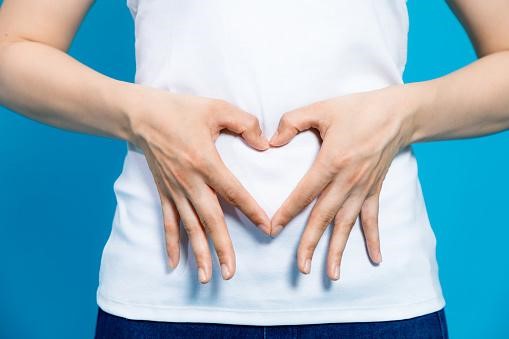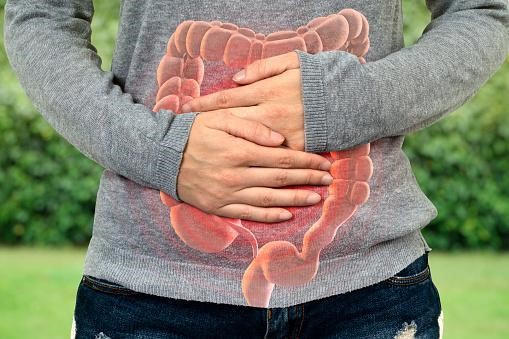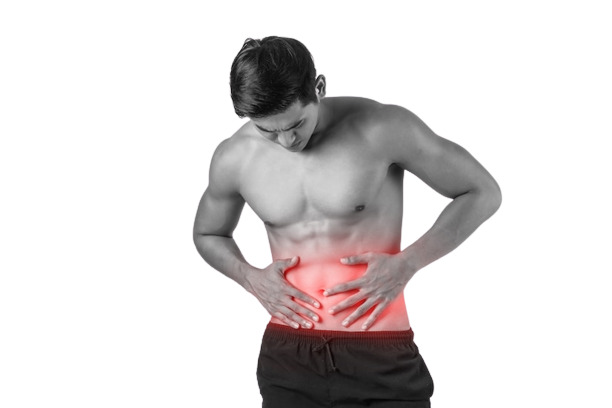Why is gut health so crucial?
A healthy gut is characterized through equilibrium of microorganisms or bacteria in the gastrointestinal system. These microorganisms aid the body to:
- Absorb energy from the food you consume
- Eliminate poisons
- Combat pathogenic viruses and bacteria
- Produce the mood-enhancing neurotransmitter serotonin in the brain

In case your gut health isn’t in top-notch condition, consider these ten red flags.
-
Your stomach is in distress. Signs that your digestive tract is having trouble digesting food and passing waste include chronic pain, nausea, vomiting, diarrhea, constipation, and heartburn.
-
You’re constantly exhausted. There can be internal disharmony in those who suffer from chronic fatigue. Research shows that IBS is present in about half of those who experience tiredness.
-
Typically, you have a hard time dropping off to deep sleep. Having trouble sleeping or poor quality of sleep is a symptom of a poorly functioning digestive system, which can contribute to feelings of exhaustion. Serotonin, a hormone that regulates mood and sleep, is produced in large quantities in the digestive tract. Thus, gastrointestinal problems, such as bacterial overgrowth or inflammation, can also disrupt your sleep.
-
You have food intolerances. Low-quality gut flora can contribute to food sensitivities. You could have a food intolerance if you experience digestive problems after eating food. Stomach discomfort, nausea, and vomiting, your gut needs to see a doctor.
-
You’re desperately seeking sugar and other sweets. When you consume an excessive amount of sugar, you’ll end up with an overabundance of “bad” bacteria in your digestive tract. Consuming a lot of sugar, particularly in the form of high-fructose corn syrup, increases your risk of inflammation and illness.

-
You’ve experienced sudden and unexpected changes in your body weight. Imbalances in the gut microbiome have been linked to impaired nutrition absorption, fat storage, and blood sugar control. Bacterial overgrowth or a lack of nutrients might be to blame for either a loss or an increase in weight.
-
Inflammation of the skin is a problem for you. Acne, eczema, and psoriasis are just a few of the skin diseases that can have an intestinal origin.
-
Your head hurts because of the migraines. Particularly if you have nausea and vomiting with migraines, there can be a connection between headaches and the health of your digestive tract. According to the research, people who suffer from regular headaches are also more prone to problems in their digestive systems.
-
Your body is attacking itself, giving you autoimmune issues. Autoimmune diseases such as hypothyroidism, rheumatoid arthritis, multiple sclerosis, and type 1 diabetes can be triggered by certain “poor” gut microbes.
-
Your mood shifts often. Anxiety and sadness can originate in the digestive tract or the neurological system, where inflammation can cause psychological distress.

At Livlively, you’ll understand what foods complement your body. In addition, instead of consuming more prepared meals or probiotics such as fruit-flavored yogurt, develop the habit of fermenting curd at home with a variety of bacteria. Additionally, you can prepare vegetable raita, an optimal blend of prebiotic and probiotic meals. Additionally, it is essential to control your stress and sleep since both have a significant influence on gut health. Achieving health and well-being is accomplished by implementing these tiny, conscious adjustments and adhering to them for the betterment of tomorrow.

